5 things to watch after North Korea's nuclear test


A free daily email with the biggest news stories of the day – and the best features from TheWeek.com
You are now subscribed
Your newsletter sign-up was successful
At about 3:30 zulu time, radio hobbyists monitoring a U.S. military frequency (4724z) noted a 249 character emergency action message emanating from Yokota Air Base. At about the same time, seismic stations across the world picked up an earthquake of magnitude 5.1. The point of origin seemed to be a swath of land on the Korean peninsula where North Korea has previously tested nuclear weapons. A few hours later, the North Korean official news agency confirmed what the electromagnetic spectrum (and numerous U.S. spy satellites and sensors) already reported: It had set off a controlled underground explosion of nuclear material.
A test has been rumored for months; the U.S. and South Korean intelligence apparatuses seem to have gotten good at projecting these things. Aside from saber-rattling, though, what does the DPRK's third nuclear test mean?
(1) China has moved troops and artillery to its shared border with North Korea. It has warned the country in public not to conduct its test. Since China rarely criticizes its client state in public, the Chinese pressure might mean that it will be on board with a more forceful response to Pyongyang. What type of sanctions will China agree to? Given how poor North Korea is, any financial sanction regime has the potential to hurt innocent people. There is no real "middle class" to speak of, unlike in Iran.
The Week
Escape your echo chamber. Get the facts behind the news, plus analysis from multiple perspectives.

Sign up for The Week's Free Newsletters
From our morning news briefing to a weekly Good News Newsletter, get the best of The Week delivered directly to your inbox.
From our morning news briefing to a weekly Good News Newsletter, get the best of The Week delivered directly to your inbox.
(2) Japan, spooked because China had moved its troops, moved its troops. Japan's government is very nationalist. And South Korea's new prime minister, who had talked of rapprochement, will now have to take a harder line.
(3) What is the composition of the bomb? Nuclear scientists will be able to determine fairly quickly whether the critical nuclear material was plutonium and uranium. They will also get a good sense of the yield by comparing the seismic information with the amount of radiation (all across the electromagnetic spectrum).
(4) What does President Obama say about North Korea during the State of the Union? (Remember, President Bush used his second SOTU to include North Korea among the "axis of evil.") Does the administration privately assume the test is for North Korean domestic consumption?
(5) Does North Korea twin its nuclear test with a missile test? If so, is the missile different than previous missiles known to have been tested?
A free daily email with the biggest news stories of the day – and the best features from TheWeek.com
Marc Ambinder is TheWeek.com's editor-at-large. He is the author, with D.B. Grady, of The Command and Deep State: Inside the Government Secrecy Industry. Marc is also a contributing editor for The Atlantic and GQ. Formerly, he served as White House correspondent for National Journal, chief political consultant for CBS News, and politics editor at The Atlantic. Marc is a 2001 graduate of Harvard. He is married to Michael Park, a corporate strategy consultant, and lives in Los Angeles.
-
 One great cookbook: Joshua McFadden’s ‘Six Seasons of Pasta’
One great cookbook: Joshua McFadden’s ‘Six Seasons of Pasta’the week recommends The pasta you know and love. But ever so much better.
-
 Scientists are worried about amoebas
Scientists are worried about amoebasUnder the radar Small and very mighty
-
 Buddhist monks’ US walk for peace
Buddhist monks’ US walk for peaceUnder the Radar Crowds have turned out on the roads from California to Washington and ‘millions are finding hope in their journey’
-
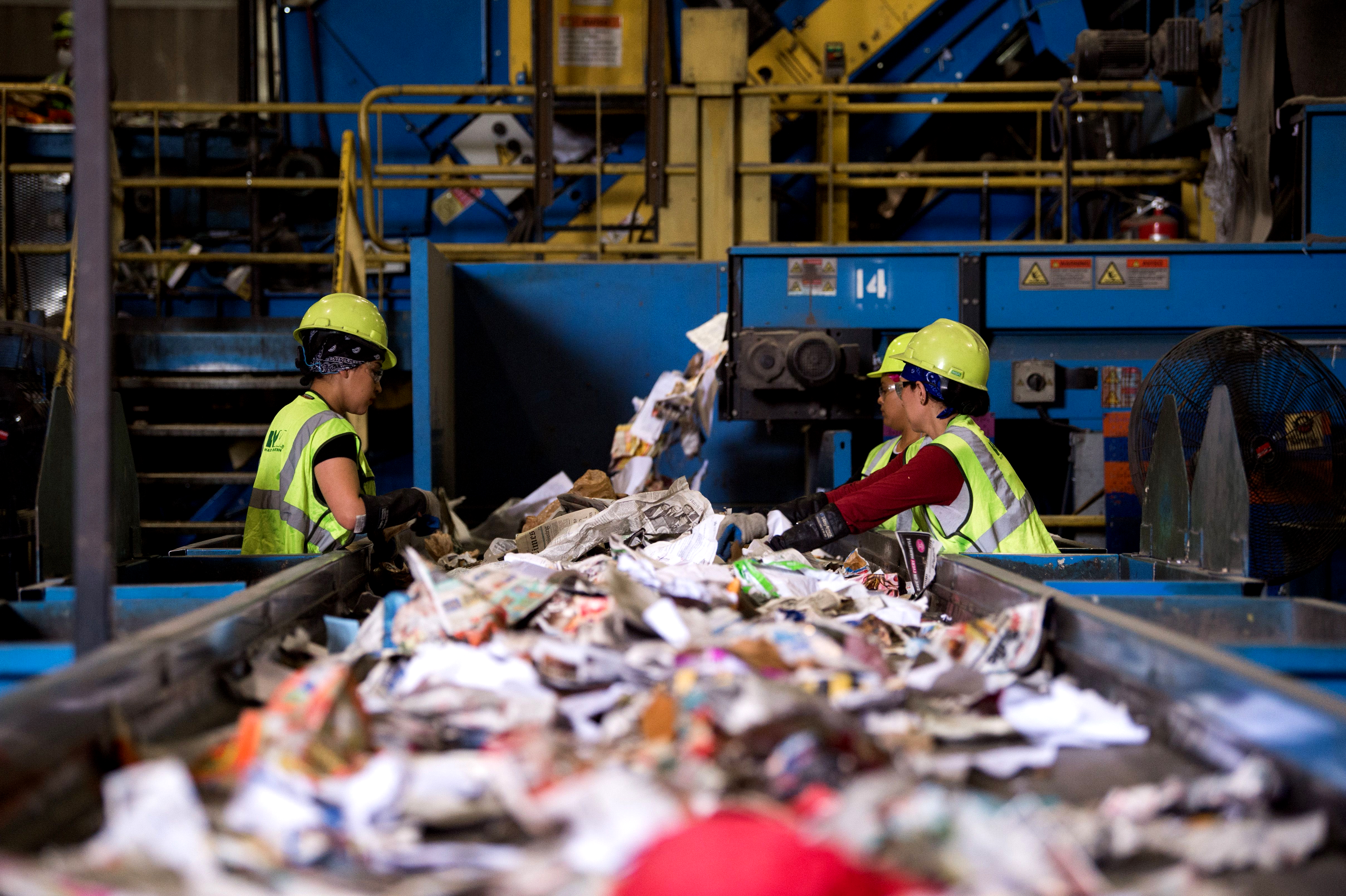 The recycling crisis
The recycling crisisThe Explainer Much of the stuff Americans think they are "recycling" now ends up in landfills and incinerators. Why?
-
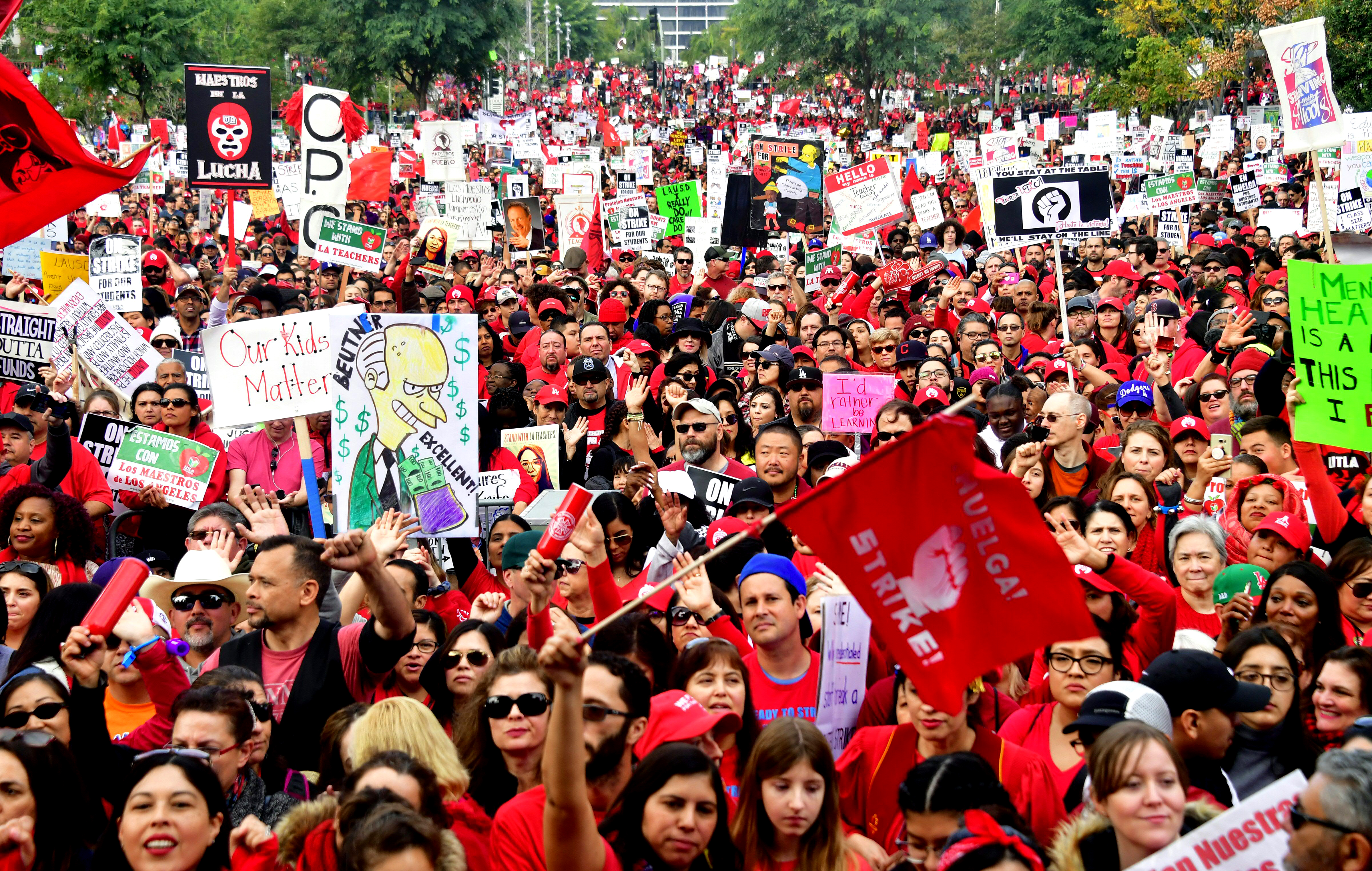 The L.A. teachers strike, explained
The L.A. teachers strike, explainedThe Explainer Everything you need to know about the education crisis roiling the Los Angeles Unified School District
-
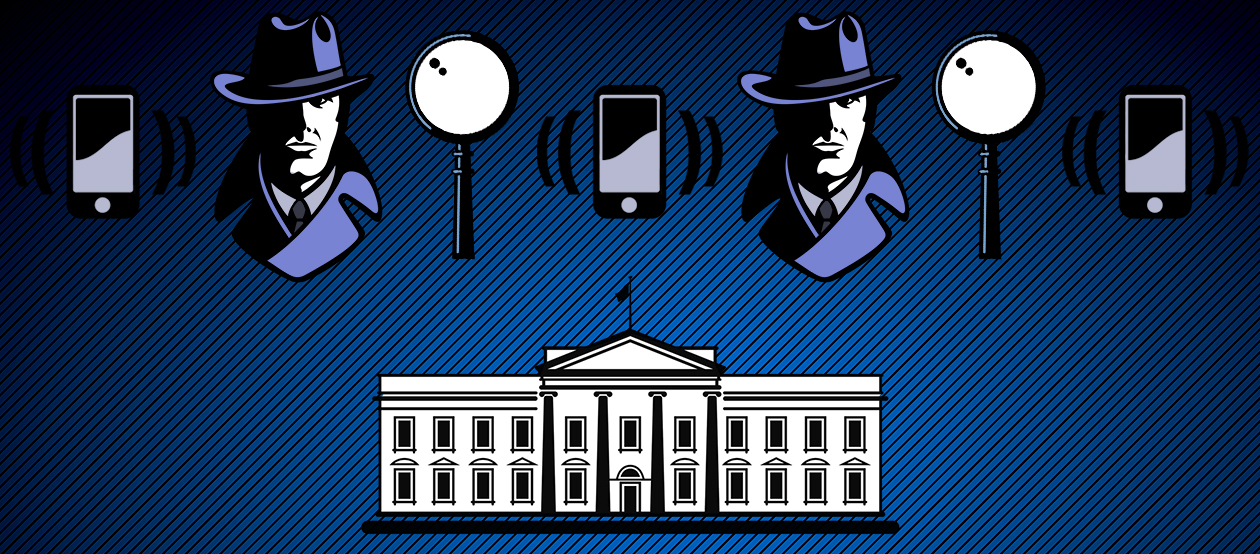 The NSA knew about cellphone surveillance around the White House 6 years ago
The NSA knew about cellphone surveillance around the White House 6 years agoThe Explainer Here's what they did about it
-
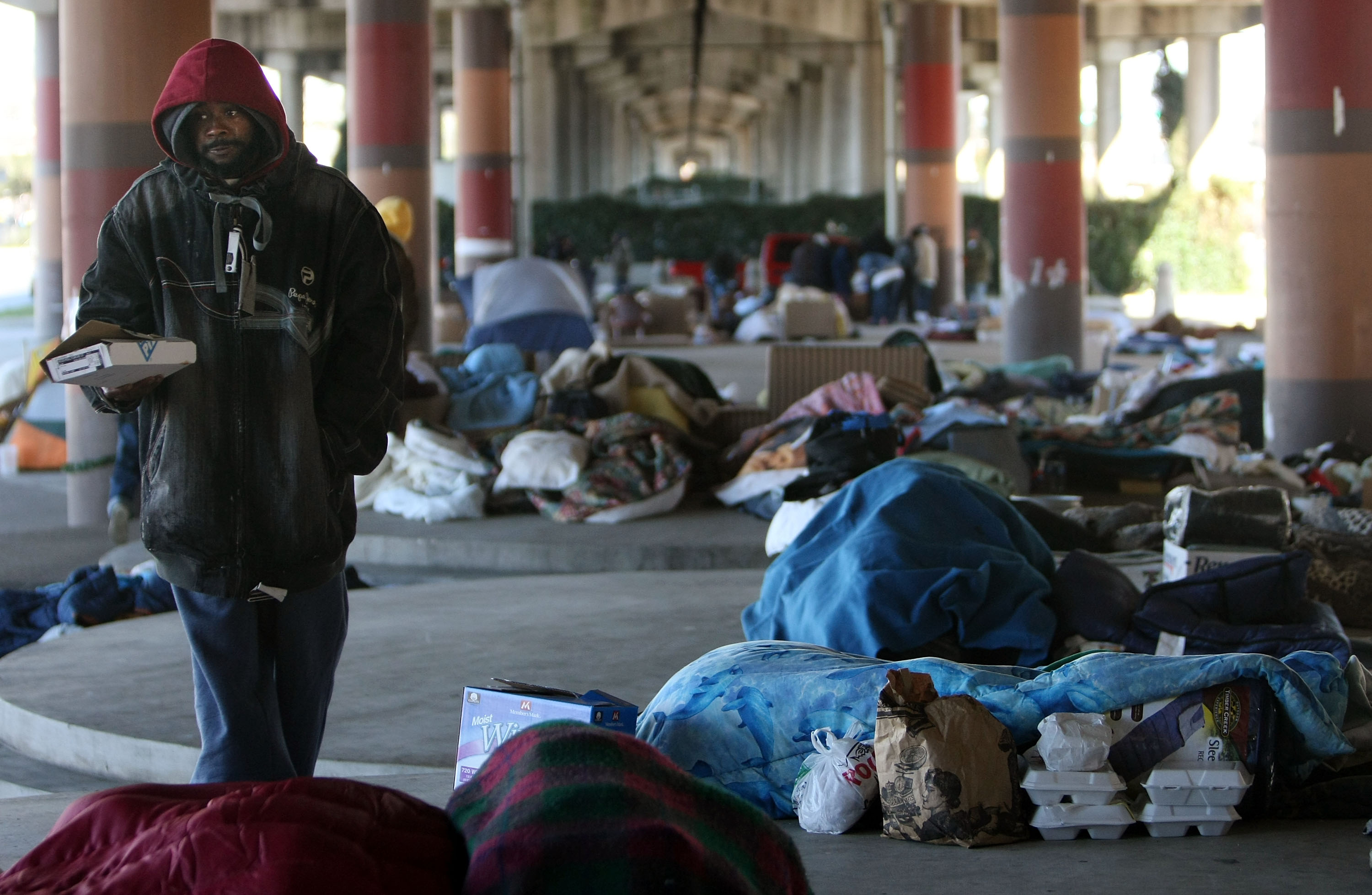 America's homelessness crisis
America's homelessness crisisThe Explainer The number of homeless people in the U.S. is rising for the first time in years. What’s behind the increase?
-
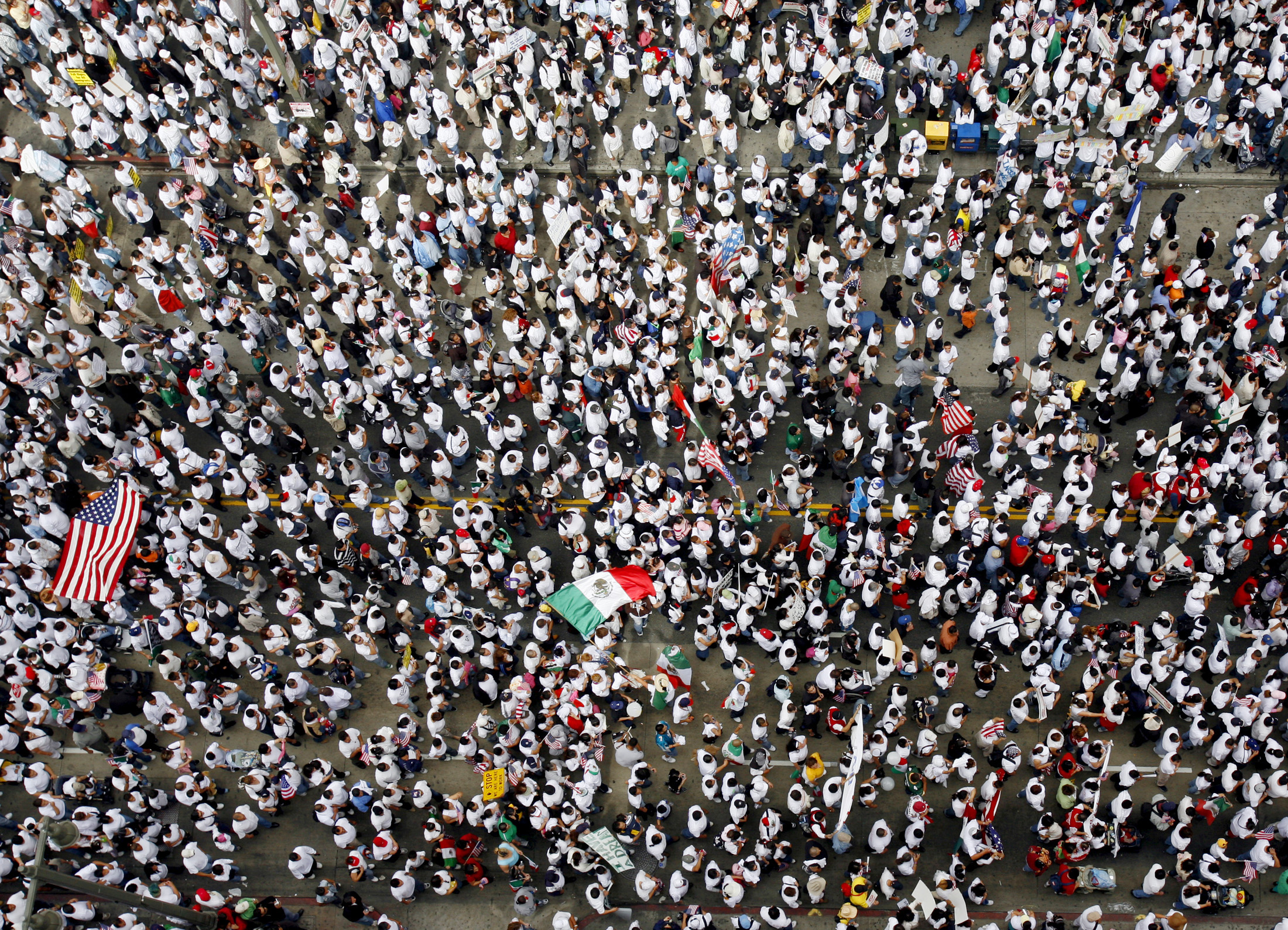 The truth about America's illegal immigrants
The truth about America's illegal immigrantsThe Explainer America's illegal immigration controversy, explained
-
 Chicago in crisis
Chicago in crisisThe Explainer The "City of the Big Shoulders" is buckling under the weight of major racial, political, and economic burdens. Here's everything you need to know.
-
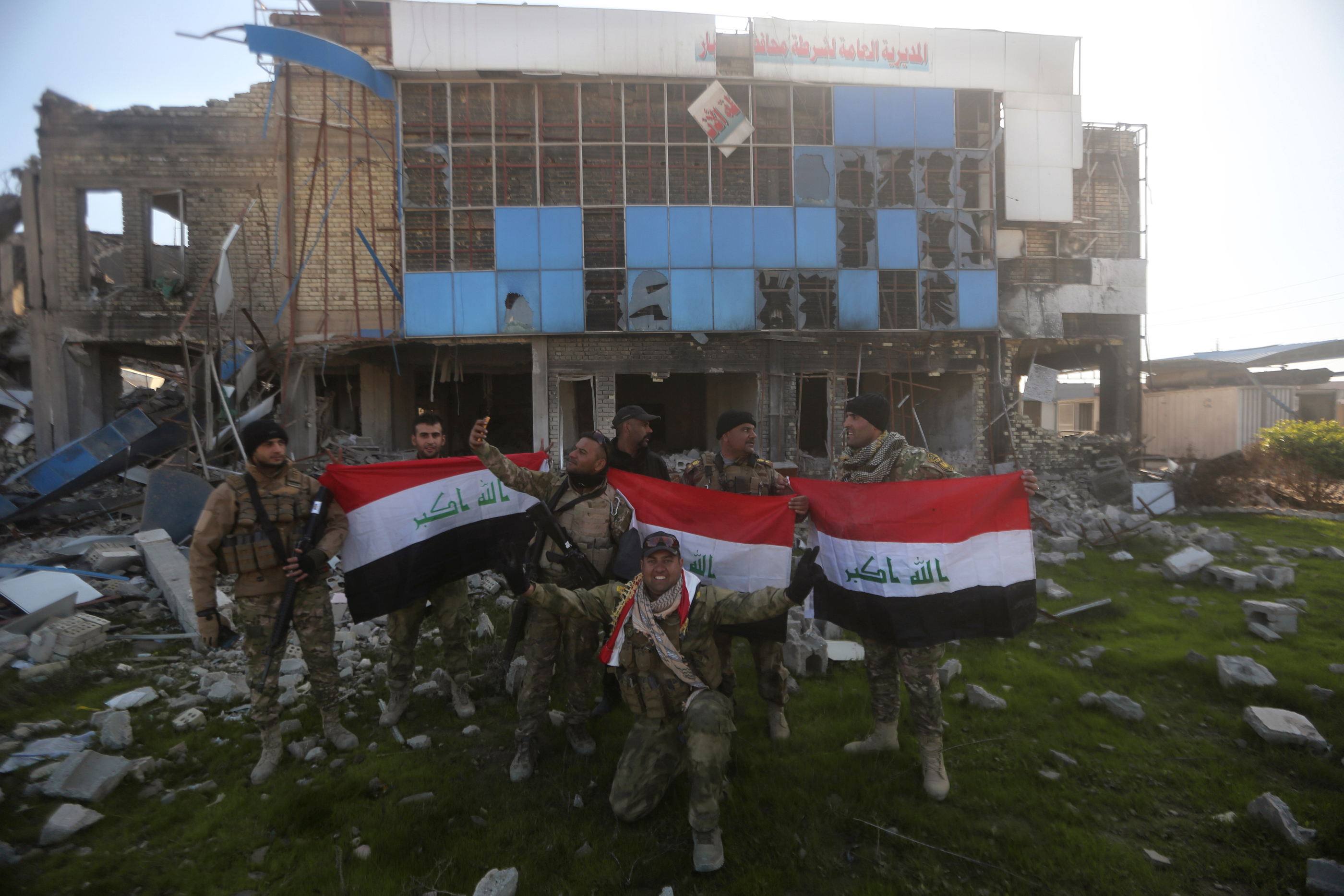 The bad news about ISIS's defeat in Ramadi
The bad news about ISIS's defeat in RamadiThe Explainer The contours of a broader sectarian war are coming into focus
-
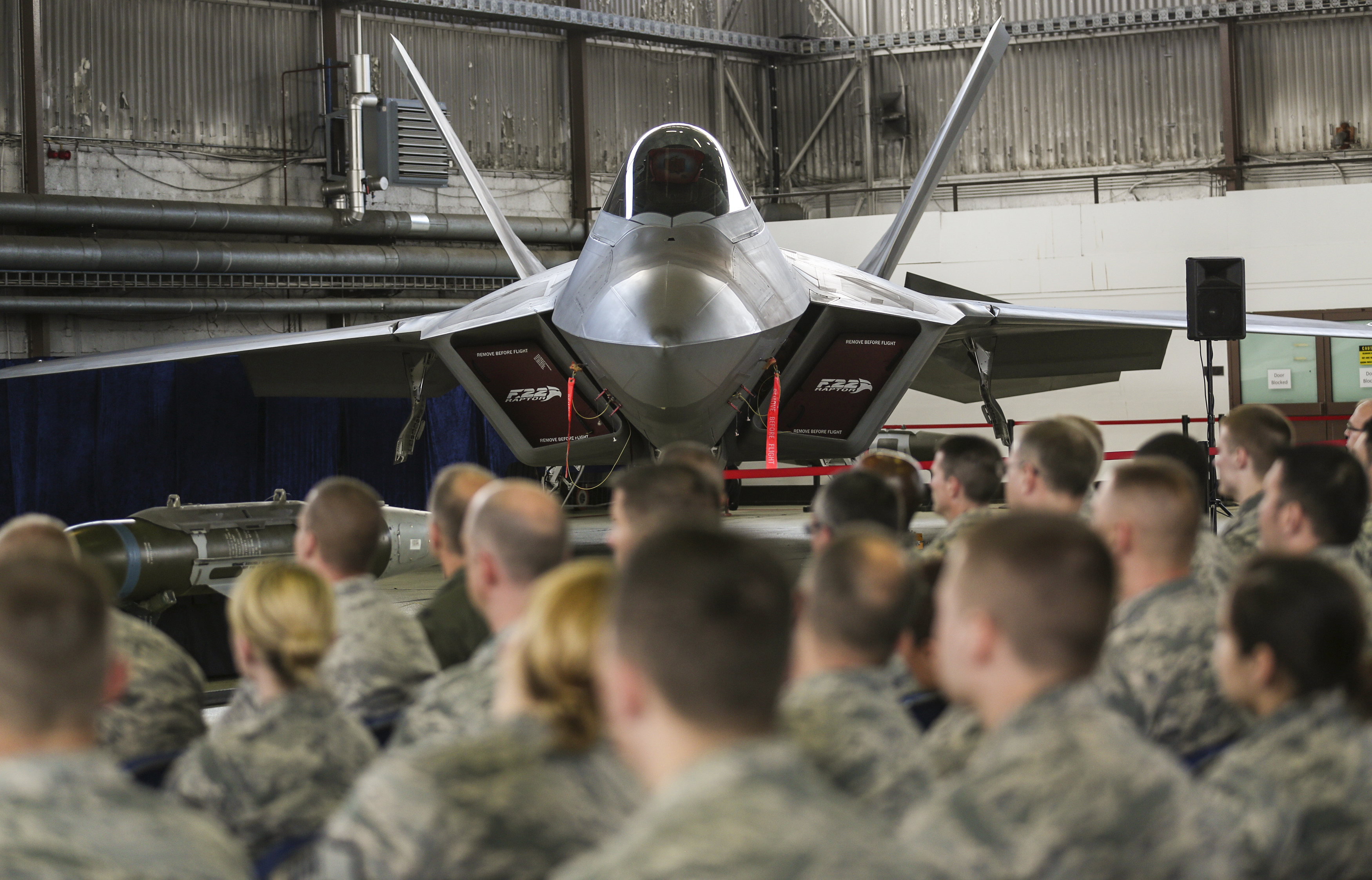 America can still destroy the world
America can still destroy the worldThe Explainer The decline of U.S. military power has been greatly exaggerated
